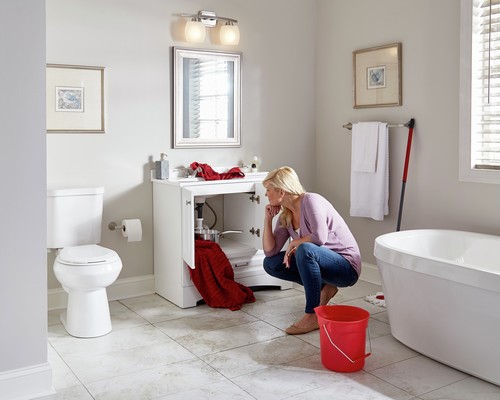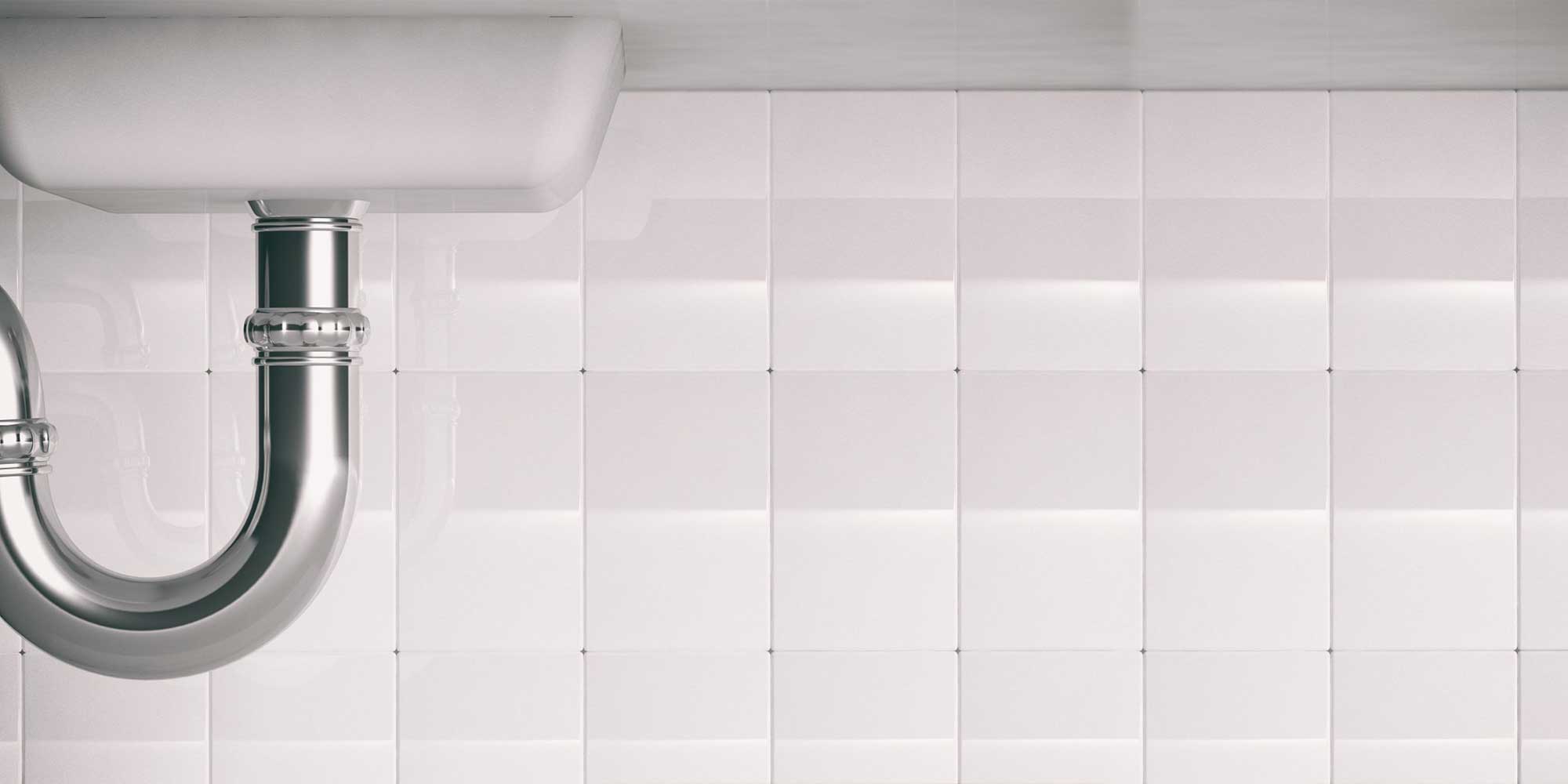They are making a number of great pointers on How Often Should Drains Be Cleaned? in general in this article just below.

Cleansing a drain is not fun whatsoever, but it is an important part of being a homeowner or renter. When you clean your shower room drains pipes on a monthly basis, you can stop clogs, stay clear of bad odors, as well as determine underlying concerns that might cause costly repair work prices. Cleaning up a drainpipe is simple, as well as just takes ten mins with a snake and drain cleaner. While there is nothing wrong with cleaning your shower room drains on your own, we advise that you have a plumber tidy every one of the drains pipes in your residence every couple of months. Right here is a comprehensive take a look at why you must cleanse your shower room drains on a monthly basis:
Identify Underlying Issues
When you clean your drainpipe once a month, you can recognize underlying problems before they end up being serious issues. For instance, if you discover debris appearing of your restroom drains pipes with a serpent cleaner, they could be rusting. Any type of irregular products appearing of a drain ought to increase worries. If it is not simply the typical hair and gunk, you ought to call a plumber to see if your shower room drains demand to be repaired.
Stay Clear Of Bad Odors
There is nothing more humiliating than a fetid shower room. Obstructed drains can cause germs to build up, leading to poignant odors. A professional plumber can not only unclog your drain but also ventilate it. You can put hot water as well as bleach down the drain to remove several of the poor scents, yet that is just a momentary solution.
Avoid Clogs
One of one of the most obvious factors for cleaning your bathroom drains pipes every month is to stop blockages. A whole lot a lot more goes down the drain than you would think-- skin flakes, eyelashes, dirt, as well as hair. All of these bits build up and eventually create blockages. Also a small obstruction can make your sink or shower virtually pointless. When you tidy your drains routinely, you will not wind up with deep clogs that require solid chemicals as well as expert equipment. While you can clean your bathroom drains on your own, we advise that you call a plumber to expertly cleanse your drains pipes a couple of times per year.
Faster Draining
Do you despise the sensation of standing in a number of inches of water in the shower? A slow-draining sink or shower is a good indication that you need to cleanse the pipelines. When you clean your drains pipes monthly, you should never ever have to worry about slow-draining sinks or showers. Not only that, however faster-draining pipes help keep your sink as well as shower cleaner.
Avoid Substantial Damage
As mentioned, frequently cleaning your shower room drains can help identify underlying concerns that are extra major than a sink blocked with hair. The average expense to fix a drainpipe line is $696, which is much more costly than the plain $10 it requires to clean your drains month-to-month. Serious blockages can damage your entire plumbing system and also even have an effect on the public systems and the quality of water.
The Best Way to Clean a Bathroom Sink Drain
The bathroom sink drain can be difficult to effectively clean. Learn how to clean your bathroom sink effectively and efficiently here.
Is your faucet backing up and leaving a lingering odor in your bathroom? A blocked sink can be a major problem and a disgusting one at that. All of us will encounter it at some point, but luckily there are a number of methods that can be used to fix it.
From liquid cleaners to snaking tools, at least one of the many methods is bound to work on your plumbing problems. Read on for our must-know guide on how to clean your bathroom sink drain.
Chemical Cleaners for a Bathroom Sink Drain
The first method you may consider is using an over the counter drain unblocker. They are easy to come by and are generally very effective. Each will have its own designated methods for use, which you should follow carefully.
While chemical cleaners do work, many people prefer to try other methods first. This is because chemical cleaners are very powerful, and are not ideal to have sitting around the house. In addition, they can be particularly harmful to the environment.
Tools for Cleaning a Bathroom Sink
There are a number of tools and devices you can use to clean a sink. The most common is the household plunger. This works by creating a vacuum seal, which sucks the blockage out of position to dislodge it.
To use a plunger, all you need to do is place the head around the entrance to the drain. Push down firmly, ensuring the rubber head has created a seal. Vigorously push the plunger up and down, and you should hear some gurgling noises as the dirt and grime start to shift.
Another method that you can use is the wire hanger. While not specifically designed for unclogging pipes, it can be a very effective method.
Straighten out the hanger, keeping the hook on the end. This is the part that should go down the drain, and you can feed it in using the rest of the hanger. You should then be able to hook any blockages and bring them to the surface.
If using this method, be wary not to push anything down, further into the sink. This can compact the blockage and make it even harder to shift.
Creating a Natural Solution
If you do not want to use chemical cleaners to unclog your drain, there are a number of more natural solutions you can use. These are often easy to prepare, and all they will take is a little extra time to have an effect.
The first method is to use just plain old boiling water, straight from the kettle. It will only work on certain blockages, mainly ones built up from soap and scum. If you already have water sitting in the sink or above the blockage, this method will not work as the hot water will not reach its intended target.
All you need to do is bring the kettle to a boil. While the water is still boiling, pour it down the drain or sink. You should do this three or four times, waiting a bit for it to take effect.
https://trusteyman.com/blog/the-best-way-to-clean-a-bathroom-sink-drain/

As a serious reader about How Often Should I Clean My Drains at Home?, I think sharing that section was essential. Kindly take the opportunity to promote this write-up if you liked it. Thank you for your time. Visit us again soon.
Burst issue? Contact.